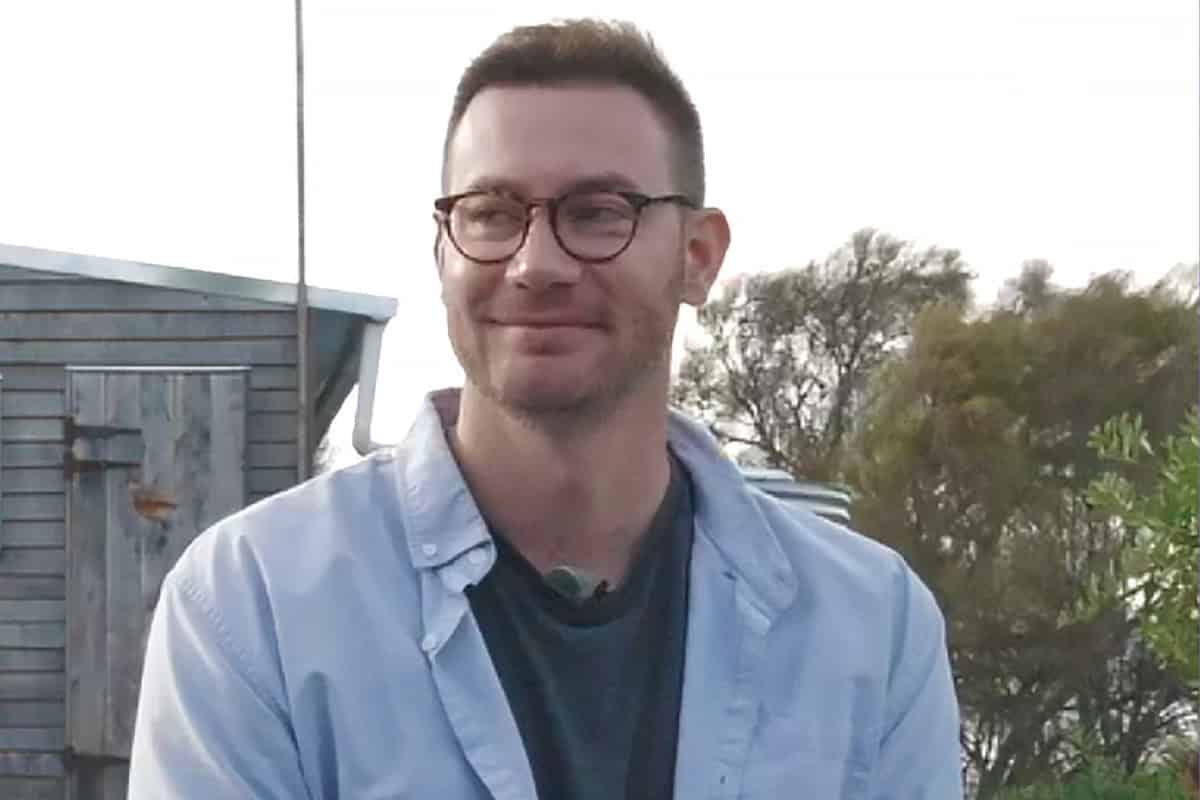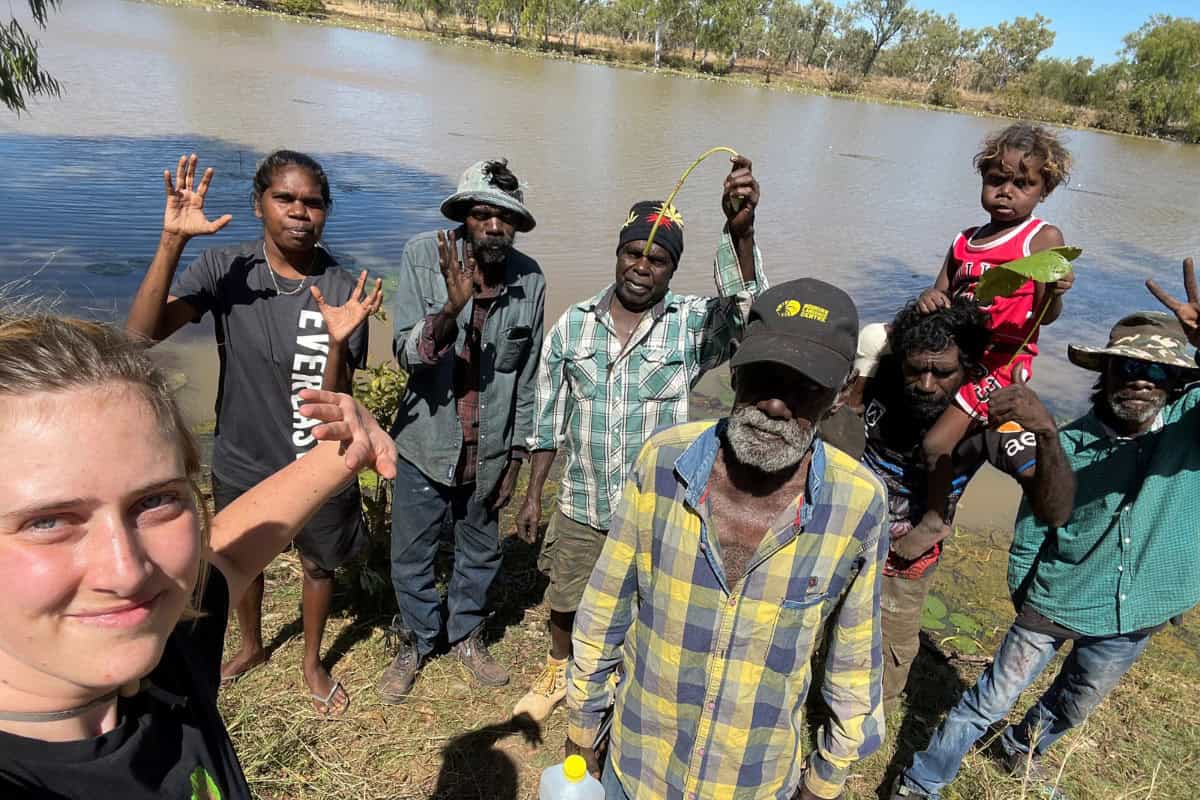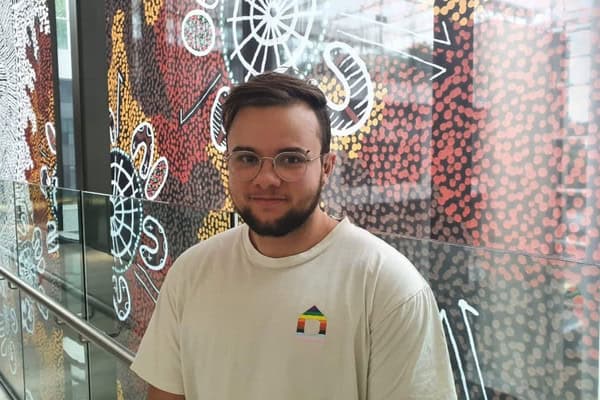John Mulvaney Fellowship
In keeping with Professor Mulvaney’s deep commitment to Indigenous people and cultures, the John Mulvaney Fellowship is an award for Aboriginal and Torres Strait Islander early career researchers and PhD students working in any area of the humanities. The recipient of the John Mulvaney Fellowship will receive $4000 towards undertaking research or fieldwork in Australia or overseas, including accessing archives and other research materials and connecting with researchers and networks.
Eligibility
- Fellows and non-Fellows can nominate, or individuals can self-nominate. The Nominator must obtain the permission of the Nominee before nomination.
- Nominees/Applicants must be Citizens or Permanent Residents of Australia who are residing in Australia at the time of nomination.
- Nominees/Applicants must be citizens who are of Aboriginal and/or Torres Strait Islander descent.
- The Fellowship is open to early career researchers (ECRs) and PhD students currently enrolled in an Australian institution.
- Nominations/applications will be accepted from independent scholars holding a PhD as well as those working in institutional settings.
- ECR Nominees must be in the early stages of their careers, which will be determined, inter alia, by how recently a PhD was conferred. In normal circumstances it should have been conferred no more than five years prior to the closing date for applications.
- ECR Nominees who have received their PhD more than five years ago but who can demonstrate a significant, commensurate period of career interruption (such as maternity or parental leave, carer’s responsibility, illness, unemployment, or non-research employment) may be considered eligible. This includes disruptions caused by COVID-19. A justification for the career interruption must be submitted as part of the proposal.
- Nominees/Applicants must be working in the Humanities, defined as those discipline areas by which the Academy is structured – Archaeology; Asian Studies; Classical Studies; English; European Languages and Cultures; History; Indigenous Studies; Linguistics; Philosophy and the History of Ideas; Religion; Cultural and Communication Studies; and The Arts. Applicants working on projects in Digital Humanities; and Environmental Humanities will also be eligible to apply.
- Interdisciplinary work is encouraged, provided that it includes a substantial proportion of work in the Humanities.
Criteria
- Applications will be assessed on the rigour and significance of the research, its likely impact within a specialist field, and its potential to engage and/or benefit the wider community.
- Nominees/Applicants will need to demonstrate the relevance of the project to the Nominee/Applicants academic career development and be able to show evidence of this through either traditional or non-traditional research outputs.
Nominations
Nominations for the 2024 round have closed. Enquiries may be directed to grants@humanities.org.au.
Announcements will be made 8 July 2024.
Fellowship History
 This award honours the outstanding contribution to humanities scholarship, the Academy and the cultural life of the nation of one of our longest-serving Fellows and former Academy Secretary John Mulvaney AO CMG FBA FSA FRAI FAHA.
This award honours the outstanding contribution to humanities scholarship, the Academy and the cultural life of the nation of one of our longest-serving Fellows and former Academy Secretary John Mulvaney AO CMG FBA FSA FRAI FAHA.
Fondly known as the Father of Australian Archaeology, John Mulvaney was acknowledged as a world leader in the field of hunter-gatherer archaeology. He was a passionate defender of Australia’s heritage and the rights of its Indigenous peoples. His legacy lives on through his work introducing Australian prehistory into the tertiary teaching curriculum and how he fundamentally changed the way archaeological fieldwork was practised in Australia.
Previous recipients
Since 2019, the John Mulvaney Fellowship has acknowledged scholars with a deep commitment to Indigenous people and cultures.
Jacob Prehn (PhD; MSW; BSocSc) is a Worimi Sociologist and Social Work academic raised and living on Palawa Country. He serves as the Associate Dean Indigenous in the College of Arts, Law, and Education at the University of Tasmania. Jacob is an executive member of the Australian Indigenous Data Sovereignty collective Maiam nayri Wingara, and a member of the Global Indigenous Data Alliance (GIDA). As an early career researcher, his scholarship (comprising more than 25 peer-reviewed journal articles and book chapters), focuses on Indigenous Data Sovereignty, Indigenous men and fathers, and Indigenous families growing strong. Jacob has been fortunate enough to receive several awards, including the 2021 Journal of Sociology Best Paper (with colleagues), the 2022 Wiley Most Cited Article, and a 2023 UTas Teaching Innovation Award. Cosmos Science Magazine also named him as one of 52 Aboriginal and Torres Strait Islander people changing the world.
Tula Wynyard is a PhD candidate in linguistics at the University of Melbourne, with supervisory guidance of Professor Rachel Nordlinger and Associate Professor Brett Baker. She is working on the documentation of Ritharrŋgu-Wägilak Indigenous languages spoken mostly in Ngukurr, Numbulwar and Gapuwiyak, Northern Territory. In the course of her research, she works collaboratively with the Ngukurr Language Centre which is a not-for-profit organisation that supports the traditional languages of the region.
She is inspired by other Indigenous language projects, including Angelina Joshua’s project for Marra My Grandmother’s Lingo, Clint Bracknell and his team’s work dubbing Bruce Lee’s Fist of Fury with the Noongar language, and Aunty Corina Norman and Aunty Jasmine Seymour’s Bayala project for Dharug.
Zac Roberts is currently a PhD candidate in the Department of Indigenous Studies at Macquarie University. His PhD explores the relationship between Aboriginal and Jewish communities in Australia since 1788. Combining archive work with a wide-scale oral history project, Roberts’ research highlights the history of interactions between and types of relations formed between Aboriginal and Jewish communities.
Tasmanian researcher Zoe Rimmer, who is documenting the removal and destruction of some of the earliest examples of rock art dating back 14,000 years, is the recipient of the 2021 Australian Academy of the Humanities’ John Mulvaney Fellowship.
A proud Pakana woman, Zoe Rimmer is currently completing her PhD on Tasmanian Aboriginal activism in cultural institutions.
The main objective of Zoe’s research is to investigate and document the Aboriginal community campaign in Tasmania for the repatriation of ancestral remains and cultural material from the 1970s until the present.
Dr Carol McGregor of Griffith University is the recipient of the 2020 John Mulvaney Fellowship. Dr McGregor is a Brisbane-based artist of Wathaurung (Kulin Nation) and Scottish descent, and is a possum skin cloak maker, painter, printmaker and sculptor. As an artist, she seeks to adapt and embrace new technologies to reclaim and connect to cultural expression, whilst revealing and exposing hidden histories within the landscape. Her research trip will further her work on possum cloaks. She will meet with Elders in the Bidjara community and visit the Gunggari people who are the Native Title holders of Mt Moffat (gained September 2019). See the full announcement.
Dr Harry Van Issum of Griffith University is the recipient of the Academy’s inaugural John Mulvaney Fellowship. Dr Van Issum is a Woppaburra man from the Darambal Language Group of Central Queensland. He will travel to the United Kingdom to assist in the repatriation of Woppaburra skeletal remains presently held in the collections of the Natural History Museum in London.



